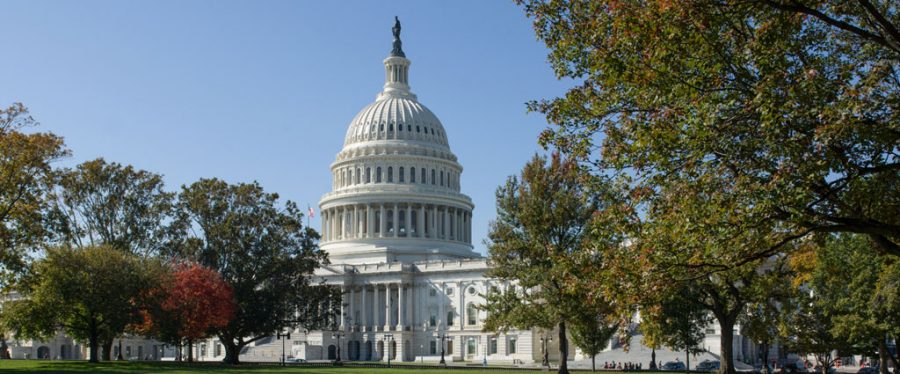With the Senate evenly split along party lines, a group of 20 moderate Democrats and Republicans have been able to exercise an outsized amount of influence on Democratic policy.
Democrats had to sacrifice a minimum wage increase and larger payments in their recent COVID-19 stimulus bill to retain all of the 50 votes needed to pass it. Moderate Democrats like West Virginia Sen. Joe Manchin were able to hold up the passage of the stimulus, arguing that narrower spending was more fiscally responsible. The 60-vote requirement to bypass a filibuster will similarly require Democrats to win over at least 10 Republican votes to achieve crucial policy goals in the future. Barring any reform to the filibuster, the success of Democrats’ legislative agenda will hinge on the support of these moderate senators.
These senators falsely conflate moderation with merely occupying the middle ground between two sides. In a statement to NBC News, Manchin justified the role of a senator like himself by saying, “Let’s start talking to each other — not talking over each other or through each other as senators. We’re talking as individual with each other…. Good commonsense people should find common ground.”
Manchin expresses a cheery sentiment which is not altogether wrong, but often runs up against political realities. While under normal circumstances good policy comes from a compromise between both parties, it would be wrong to view our current parties as equals. There is one party where the majority falsely believes the presidential election was rigged, and there is another a party where the majority is center left. Certain issues like voting rights and gun reform are unlikely to garner much Republican cooperation at all. These and other Democratic priorities are too important to be squandered by a lack of bipartisan support.
The For the People Act and the John Lewis Voting Rights Advancement Act demonstrate this well. Republicans have signaled their firm opposition to both bills, saying that the federal government shouldn’t interfere in state’s electoral systems. But given the hundreds of laws being considered by states in an overt attempt at voter suppression, this is actually a necessary obligation of the federal government. Most notably, a recent election law enacted in Georgia makes it a crime to hand out food and water to people waiting in line to vote. Other provisions like photo-I.D. requirements and limited hours for ballot drop boxes all make it clear that Georgia Republicans don’t want people (particularly marginalized groups) voting. Congress cannot stand idly by while states violate the rights of their citizens.
Unfortunately, Democrats will need to obtain at least 10 Republicans to get any voting rights legislation past a filibuster. In light of this, many Democrats have called for filibuster reform or abolition. Critics argue that the parties have abused the filibuster to a point where most legislation requires a supermajority to get anything accomplished. Democrats could partially or fully end the filibuster by invoking the nuclear option, which would allow Democrats to establish a new interpretation of Senate rules through a simple majority.
Manchin has proven a decisive factor in whether this would be at all possible. For one, Manchin has said on multiple occasions that he opposes an outright abolition of the filibuster. He also has advocated for compromise on the recent voting rights legislation passed by the House as a means of avoiding changes to the filibuster. Manchin believes that the filibuster can force the parties to work together and is, thus, a necessary procedure. On the other hand, Manchin has also said that he is open to a “talking filibuster,” which President Joe Biden has come out in support of. A talking filibuster would require senators objecting to the end of the debate to remain speaking on the floor the whole time. Instead of the majority party needing to find 60 votes to advance legislation, the minority would need to hold the floor to prevent a majority from voting on the issue.
If Democratic senators like Manchin want to be a truly moderating force in the Senate, they need to place less emphasis on compromise between the parties and more on cooperation within their own. Adopting a talking filibuster sooner rather than later would open up a number of opportunities for reform in critical areas such as voting rights, climate change and gun reform. At the same time, moderates would still have a significant sway over Democratic policy since Democrats and Republicans are evenly divided in the Senate. Since most Republicans are more interested in obstructing policy than they are in moderating it, moderate Democrats can become that moderating force that ultimately serves to improve policy if they can recognize what our true priorities are.
Benjamin Schnurr can be reached at [email protected].



















